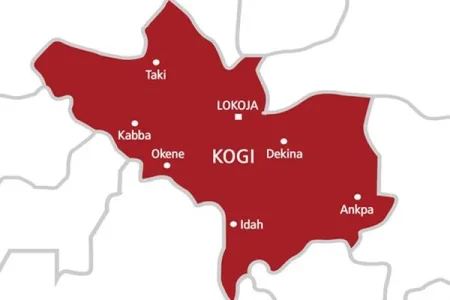
JAMB Registrar Ishaq Oloyede revealed that some Nigerian universities admitted students as young as 10 years old, breaching the 18-year age requirement. This was exposed when a Nigerian graduate, who enrolled at 12, faced scrutiny from the EU. JAMB stresses the need for stricter age enforcement to protect educational integrity.
In a startling revelation at the Joint Admissions and Matriculation Board (JAMB) policy meeting in Abuja, Professor Ishaq Oloyede, the Registrar of JAMB, disclosed that several Nigerian universities have been found to have admitted students as young as 10 and 12 years old. This admission flouts the Ministry of Education's regulation, which mandates that the minimum age for admission into universities, polytechnics, and colleges of education is 18.
Oloyede highlighted the case of a Nigerian institution that had admitted a student at 12 years old, who later attempted to pursue a postgraduate degree in Germany. The student's early admission was discovered when the European Union (EU) contacted JAMB to verify the candidate’s credentials. The student, who had graduated at 15, was found to be ineligible for EU scholarships due to her unusually early graduation. This incident underscored concerns about the credibility of Nigerian degrees and the potential for stricter future requirements from the EU.
Oloyede expressed concern that such practices could tarnish the reputation of Nigerian universities globally. He revealed that the case had put JAMB in a difficult position, as the board was forced to respond to queries about the validity of the candidate’s education. Oloyede urged for stricter enforcement of age limits to prevent further damage to the Nigerian education system.
The alarm over underage admissions was further highlighted by JAMB’s recent observations of a significant number of underage candidates in the 2024 Unified Tertiary Matriculation Examination (UTME). Oloyede emphasized that addressing this issue is crucial to maintaining the integrity of Nigeria's higher education system.




